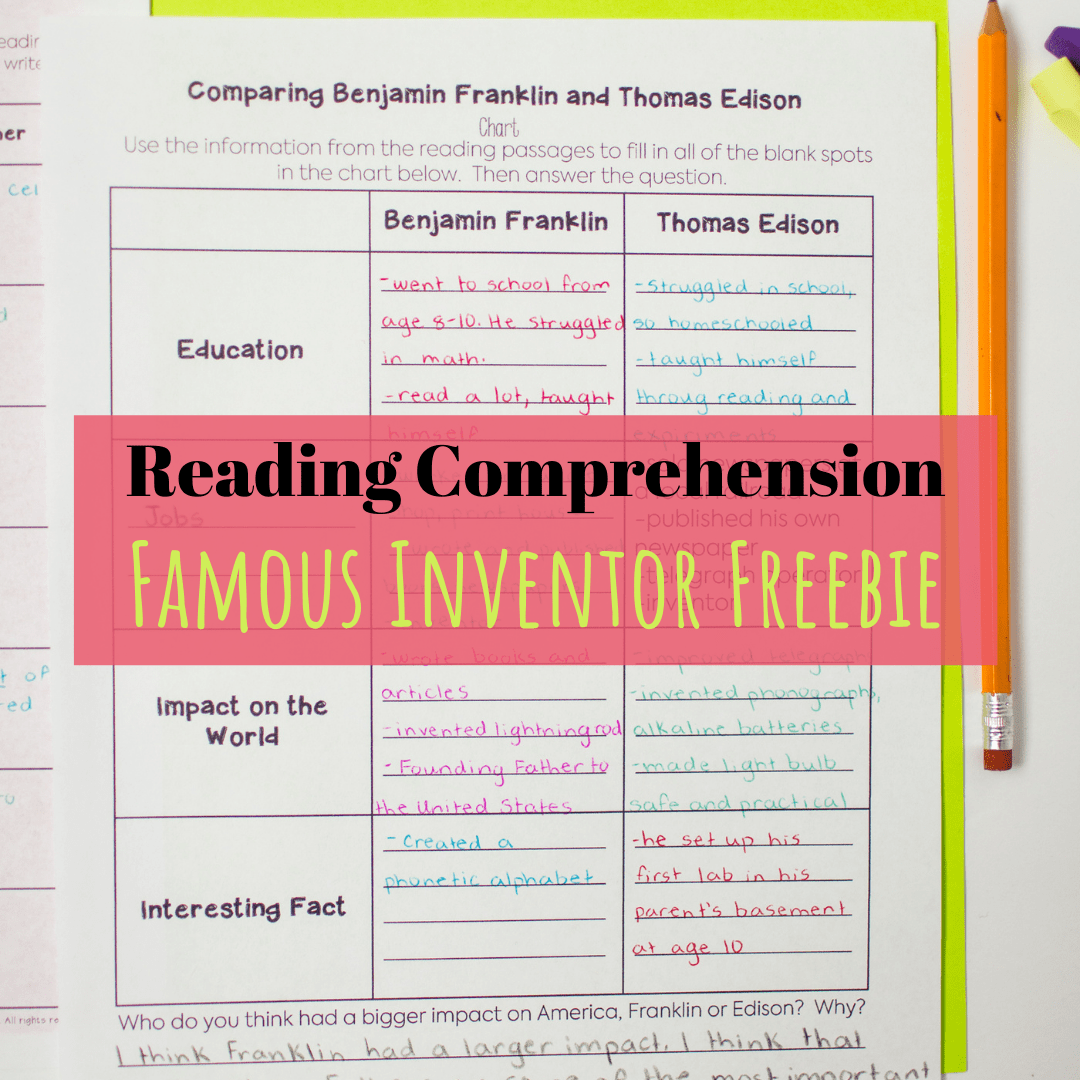
If you have been teaching 3rd, 4th, or 5th grade for a while, you have probably used a "Find Someone Who" activity as a back to school ice breaker. You might have even done this ice breaker yourself during professional development.
But the "Find Someone Who" activity can be used for so much more than just team building - it can be used to review reading, math, writing, science, and social studies skills as well.
You can turn basically any worksheet into a more engaging activity with this fun idea!
How to Use "Find Someone Who" in the Upper Elementary Classroom
The idea behind "Find Someone Who" is simple, and 3rd, 4th, and 5th grade students will catch on to this activity very quickly.
Basically, students are each given a "Find Someone Who" worksheet that has multiple questions on it. But instead of answering the questions themselves, they must "Find Someone Who" can answer the questions for them.
In order to this, they wander around the classroom looking for a partner. Once they find a partner, they each try and answer a question on the other's page. Then, they go in search of another partner that can answer a different question.
The goal is that each question will be answered by a different person. Usually, partners will put their initials next to the question they answered so that it's easier to see who answered what question.
See an example here with this free pdf "Find Someone Who" Activity that helps your students review classroom procedures here:
Assessing "Find Someone Who" in 3rd, 4th, and 5th Grade Classrooms
This activity is not easy to grade and is instead ideal for times when you want students to get extra practice but don't need a grade for the grade book.
However, there are still several ways to assess your students and hold them accountable for their work. (And using a rubric is often the best way to get a grade for an activity like this.)
Have Students Complete a Quick Reflection
After you have completed the activity, ask students a few questions that will require them to reflect on some of the questions. For example:
- Which question was the hardest, and why?
- Which question was the easiest, and why?
- Did you learn something new? Explain.
- Explain how your partner answered this question.
Monitor Closely and Assess with a Checklist
As students are walking around finding partners to answer questions, you can walk around as well. Listen in on conversations and watch students work. You can learn a lot simply by listening.
If you want to be more intentional about this, then you could create a checklist that has each of your students' names. Walk around the classroom, listening in on conversations with the goal of approaching each of your students once. As you walk around and listen, put a check next to each student who correctly answered the question you were listening in on.
Take a Look at Who Initialed
As they are completing this activity, students should put their initials next to the question they answered. Knowing who answered different questions can help you with informal assessment.
While students are partnering up, take a look at some of the answers on their pages. If you notice some wrong answers, you can pull students aside and walk them through the question while everyone else is still completing the activity.
Review Questions as a Class
After 3rd, 4th, or 5th grade students have completed the activity, choose a few of the questions to go over as a class.
You could call on random students to answer one of the questions - and they could either be asked to answer it themselves, or tell who answered it on their page and have that student answer the question.
Or, if you notice that there were a few questions that many of your students struggled with, go over those specific questions with them.
This Reading Response Bundle includes pre-made "Find Someone Whos" for both fiction and nonfiction texts. It also includes a variety of other reading response activities that you can use over and over again with different books.
Most of the activities are absolutely no prep - just print and go!
Examples of Skills That Can Be Reviewed with "Find Someone Who"
The beauty of this activity is that it can be adapted for almost any skill.
You can take almost any worksheet that has multiple questions and turn it into a more engaging "Find Someone Who" activity. All students have to do is start walking around the classroom looking for a partner to solve a problem.
Use this "Find Someone Who" activity to:
- review classroom procedures
- practice vocabulary words
- respond to fiction and nonfiction texts
- review figurative language
- practice multiplication facts
- solve word problems
- label cities or states on a map
- review rounding
- ..and so much more
Basically, any skill that your upper elementary students need to review can be turned into a "Find Someone Who."
Variations and Differentiating "Find Someone Who"
Variation 1: Partner Explains, Students Write On Own Page
This variation emphasizes speaking and listening skills.
Tell students that they will be writing on their own "Find Someone Who" page, but they must write down exactly what their partner tells them. Students will be required to speak clearly and listen closely in order to complete this activity, especially if they are answering a question that requires multiple answers or steps.
Variation 2: Students Choose a Question for their Partner to Answer
This variation provides more of a challenge.
When students find a partner, instead of letting them answer any available question on the page, they choose the question for the partner to answer.
If the partner doesn't know how to answer that question, then the student can choose another question for the partner to answer.
This variation prevents students from going around and answering the exact same question on everyone's page.
Differentiated Variation 3: Pre-Teach a Question for Scaffolding
Consider pre-teaching a few of the questions to your struggling students or students that might need a boost of confidence.
Then, when they circulate amongst their classmates, they will be able to confidently answer a question.
However you use it, your upper elementary students are sure to love it!
Want a Free, No Prep Snowball Fight Activity You Can Use Today?



